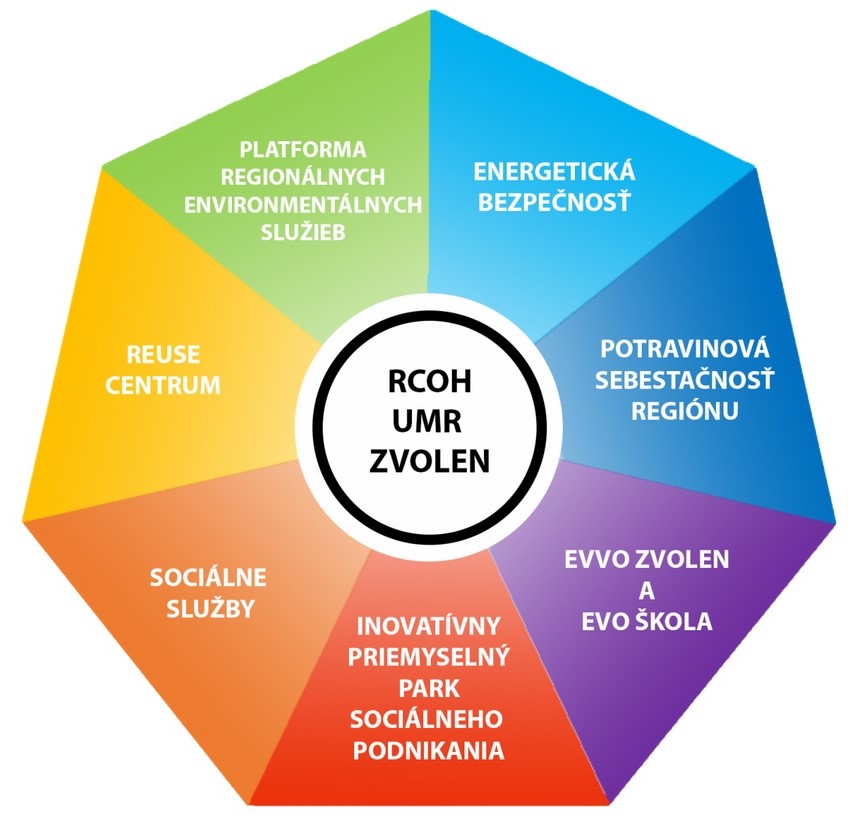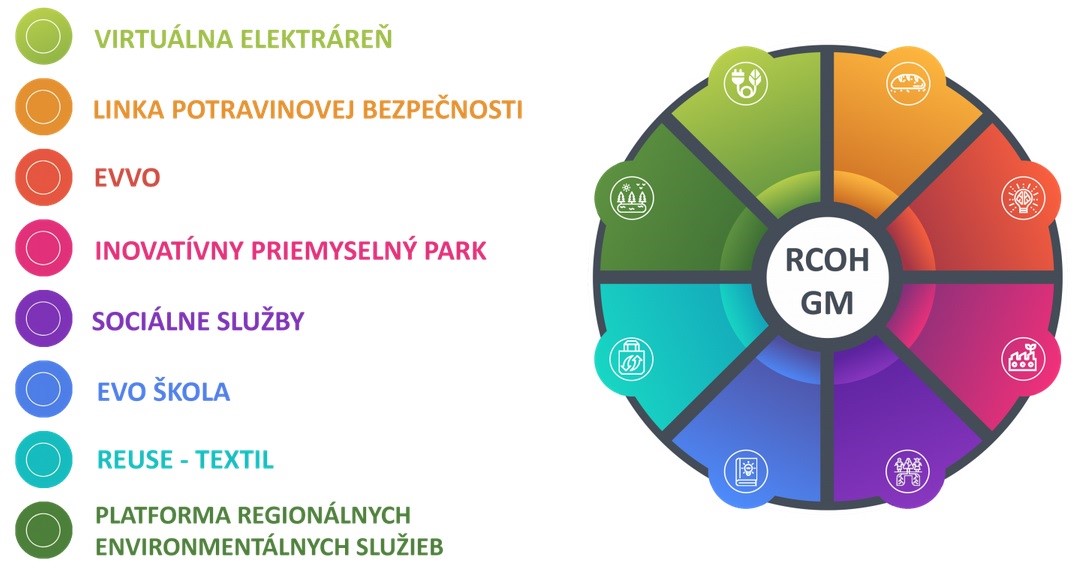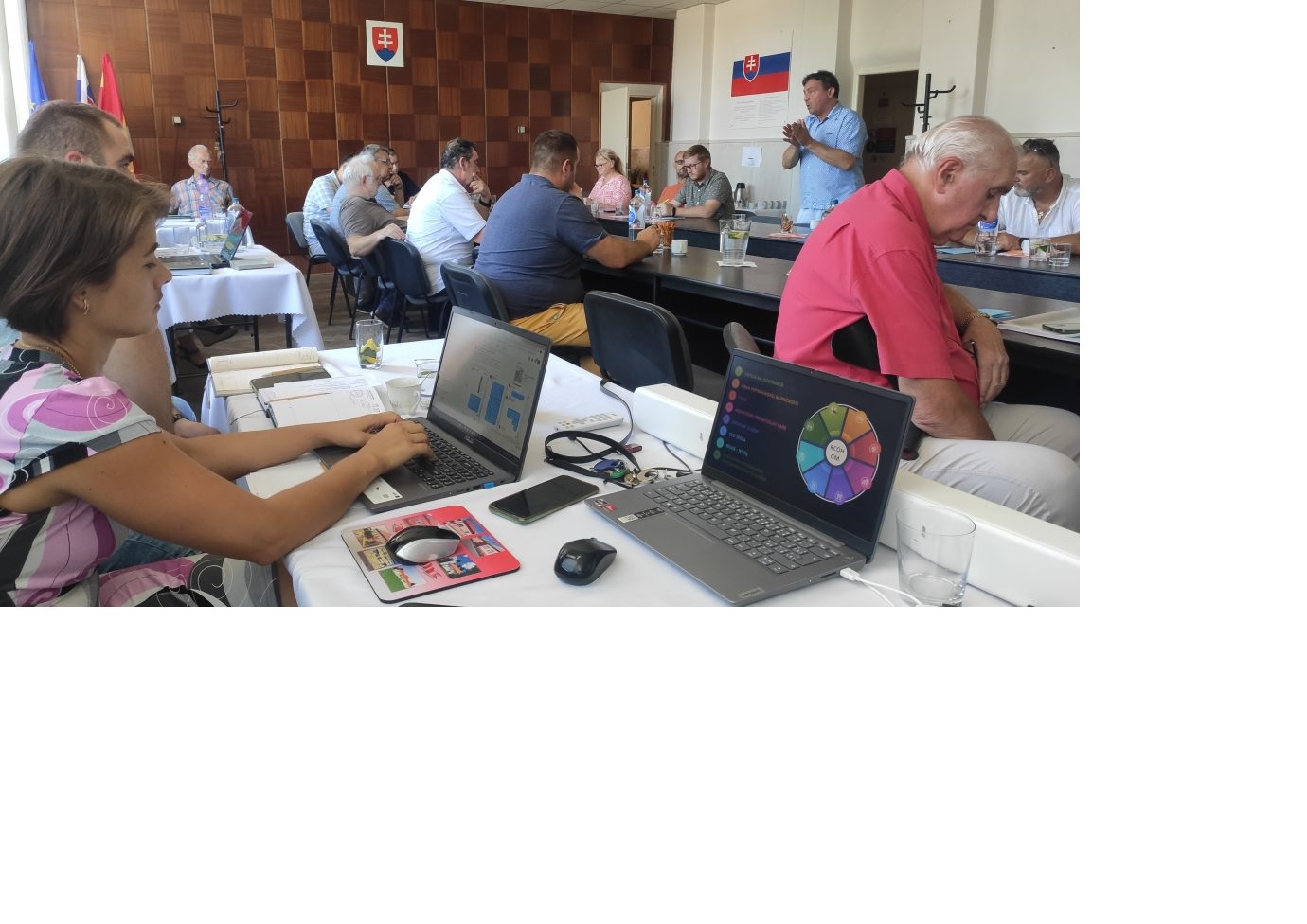Regional Centre for Circular Economy

Address
Národná recyklačná agentúra SlovenskoA.Hlinku 2568/33
960 01 Zvolen
IČO: 42 396 336
https://www.narask.sk
Contact person
Ing. Ján Plesník+421905361767
naraslovensko@gmail.com
View profile
Description
The Regional Centre for Circular Economy (RCCE) is a systemic solution for all areas necessary for the creation of integrated, landscape- and people-oriented regional development projects. The RCCE is an independent legal entity of the QUADRUPLE HELIX model - public administration and local government, business sector, educational institutions and the educational civic sector. RCCE creates collaborative, integrated solutions for the development of the region with an assessment of collective impact based on shared responsibility, mutual cooperation and assistance, and a common goal. The criteria for evaluating development plans are:
- social impacts on the population,
- environmental commitments to the landscape,
- economic sustainability.
Economic benefits
Collaborative Circular Economy. Collaborative platforms on cooperative business models provide resources for the social purposes of the region:
- Collaborative financing systems,
- integrated financing methods.
Environmental benefits
- Ecological stability of the territory and economic sustainability for the creation of a socially just working and living environment
- Reduction of CO₂ emissions
- Renewable energy sources, redistribution of surplus energy for energy self-sufficiency
- Renewal of the material base - use of waste as a source of new raw material
- Adaptation measures - water, air, climate, biodiversity, energy, value
- Sustainable environment - restoring biodiversity for food security
Examples of implementation of the solution in practice
GEMER MALOHONT and ZVOLEN Regional Centre for Circular Economy. It is a systemic approach of socially just, ecologically sustainable and economically efficient circular economy, which brings: long-term comprehensive solutions, elimination of problematic phenomena especially in waste management and agriculture, cooperation of stakeholders for collective solutions, development strategy based on planning integrated plans, assessment of social impacts on the population, environmental commitments to the environment and economic sustainability, monitoring of measurable indicators.






